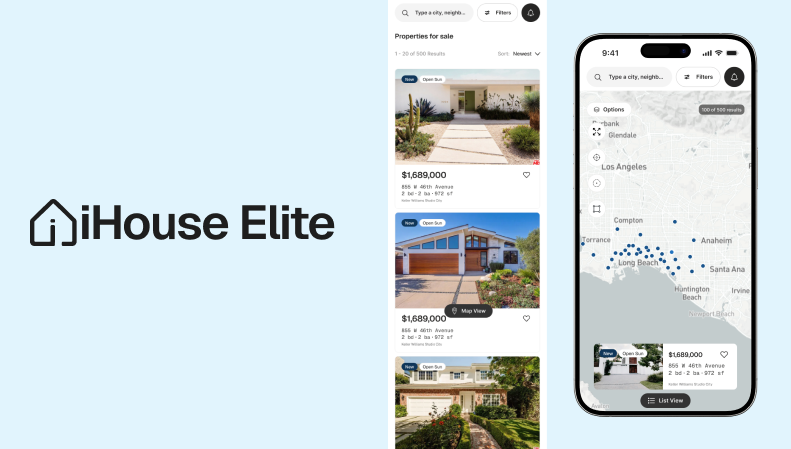
If you're looking to drive more traffic and generate more leads through your website, building new landing pages could be the solution you need.
What is a Landing Page?
A landing page is a specific page on your website that serves as an entry point for new visitors. Ideally, it’s optimized to rank for valuable keywords in Google search results. While your homepage may already rank for some important terms, it’s impossible to target every keyword with a single page. This is where landing pages come in—they allow you to target a wider range of keywords than your homepage could on its own.
Landing pages can take many forms, but the most effective ones are tailored to fulfill the needs expressed by the targeted keyword. For example, if the search query is a question, your landing page should provide a clear, helpful answer. If the search term is something like “Best Sacramento Realtor,” create a page showcasing why you’re the best Sacramento Realtor. Your “About Me” page could even be repurposed for this purpose.
Saved Search Landing Pages
Let’s be honest—most modern homebuyers don’t start their journey by contacting a Realtor. Instead, they begin by searching for homes online. They're curious about what’s available, want to explore local prices, and, of course, enjoy browsing through photos. At this early stage, buyers may not know much about the home-buying process—and that’s perfectly normal.
Your goal is to position your website as their go-to tool for home searching. By creating saved search landing pages, you can attract these potential clients. These pages display homes that match the criteria implied by specific search terms (note: you'll need a website with IDX integration to show this type of listing information).
Saved search pages are designed to rank for local home search keywords, such as:
- Homes for sale in Sacramento
- Folsom CA houses for sale
- Condos and townhomes in Fair Oaks
By ranking for these searches, you can turn curious house hunters into loyal website users, bringing them a step closer to becoming your clients.
Targeting Long-Tail Keywords
While it’s unlikely you’ll outrank giants like Zillow, Redfin or Realtor.com for high-competition terms, you can compete for more specific, less common—or “long-tail”—search phrases. Long-tail keywords often include additional details such as price ranges or desirable features. For instance:
Budget related searches
- Luxury homes for sale in Folsom CA
- Homes for sale in Taylor Mill, KY $200,000 to $300,000
- Homes for sale in Oklahoma City, OK from $300,000 to $400,000
Unique searches
- Boise School District Homes
- Golf property homes in Highlands County
- Montcalm Historic District Homes
With iHouseweb, you can create a saved search landing page for any searchable criteria, as long as your MLS includes the information in its IDX feed. Picture hundreds of landing pages tailored to the specific needs of homebuyers across all your target markets, each designed to capture their search intent.
Understanding the needs of your local homebuyers is key to creating landing pages that rank for these niche terms. And you don’t need to guess—your website’s search history can reveal what buyers are looking for. Specific price ranges and popular features are often the best indicators of valuable keywords to target.
If you’re using an iHouse Elite website, this data is easily accessible. If not, it might be the perfect time to explore what iHouseweb can offer.
By strategically building landing pages that cater to your audience's needs, you’ll not only increase your site’s visibility but also create a seamless experience that keeps potential clients coming back.
demo and let's discuss how iHouse Elite can help your real estate business.




